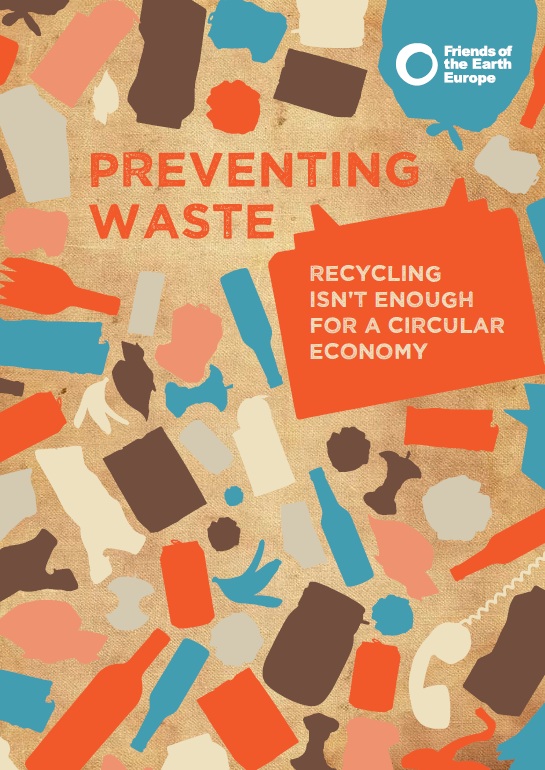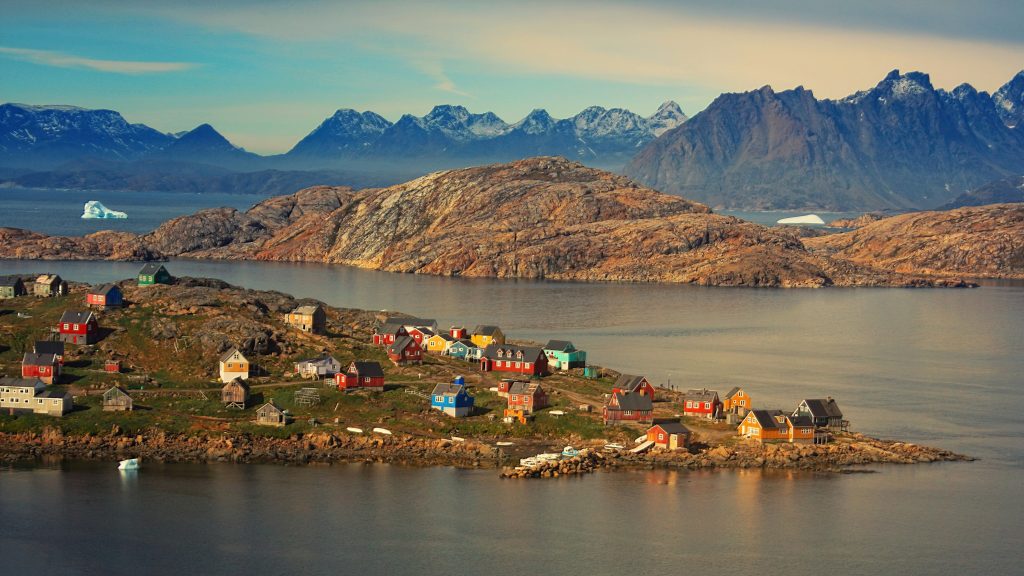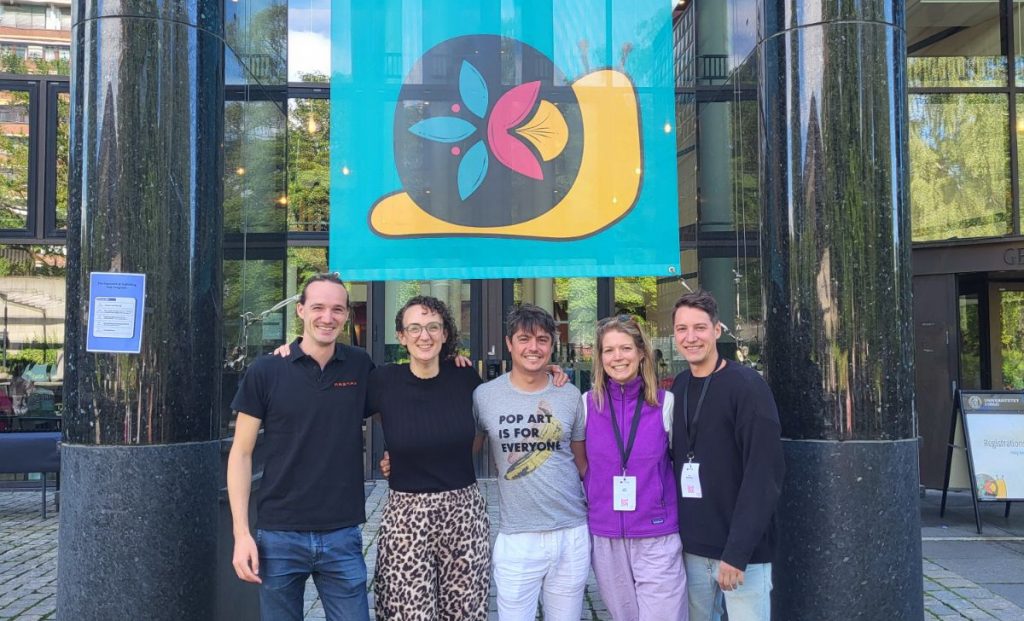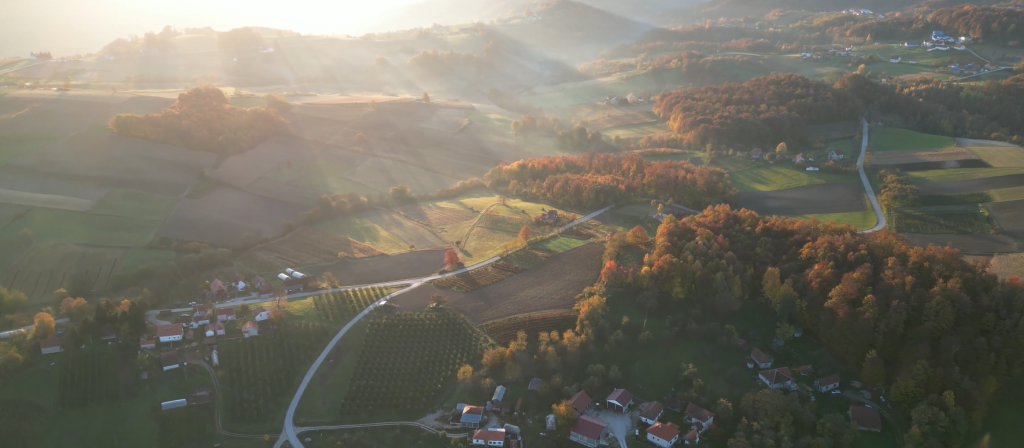
The many social, environmental and economic benefits that would result from robust resource policies have been recognised by both the European Union and the governments of its member states. For example, by boosting re-use and repair of products, jobs are created while the impacts from mineral and metal extraction, incineration and landfill are avoided. But ambitions for encouraging re-use and repair, and the broader vision of a more resource-efficient and lowerconsuming Europe, appear to be at risk of being abandoned by policy-makers.
This briefing documents a series of community-led projects that are helping Europe to reduce its resource use and waste, and makes policy recommendations that would enable these best-practices to become the norm. The case studies show that it is often local, under-resourced communities, guided by principles of sustainability, that are at the forefront of improving resource use and waste prevention.
Without adequate political and financial support however, these activities will remain a scattered minority, and often risk fizzling out due to a lack of resources or infrastructure. The EU and its member states have strong policy options at their disposal to encourage such projects, boosting economies in a way that has clear social and environmental co-benefits. The policy recommendations in this briefing are designed to bridge the gap between Europe’s unfulfilled policy goals and the lower-consuming and resource-efficient Europe that the EU can – and must – become.







